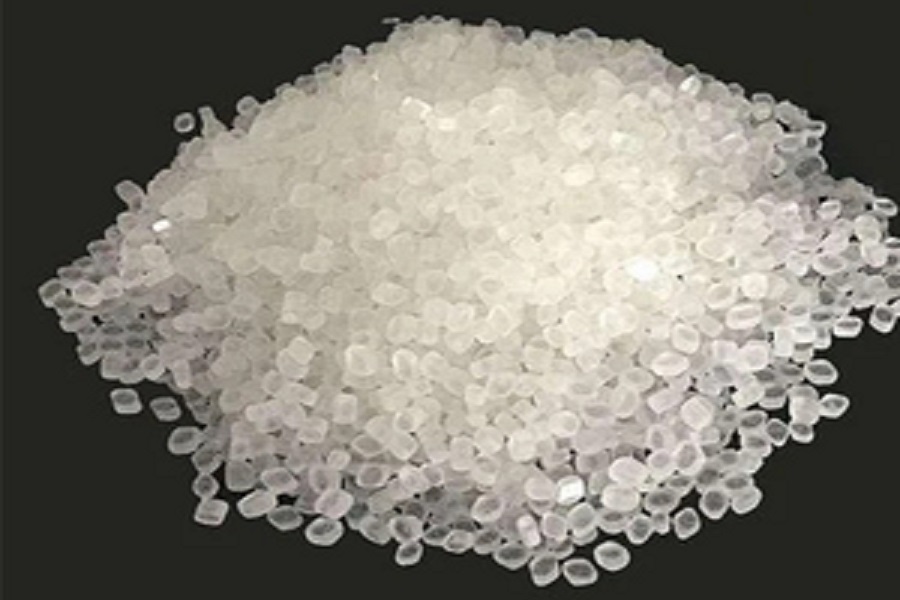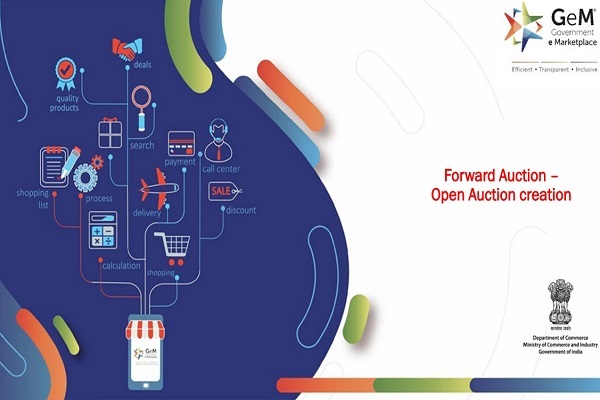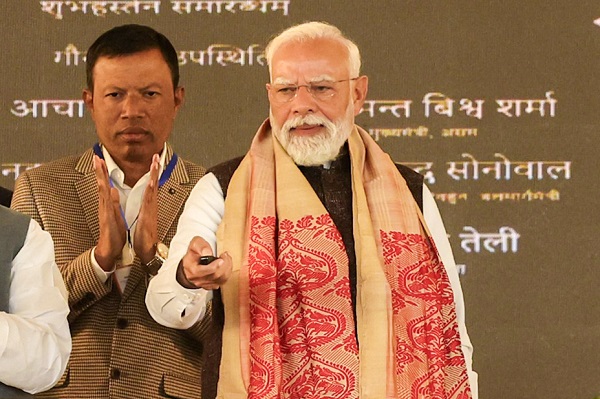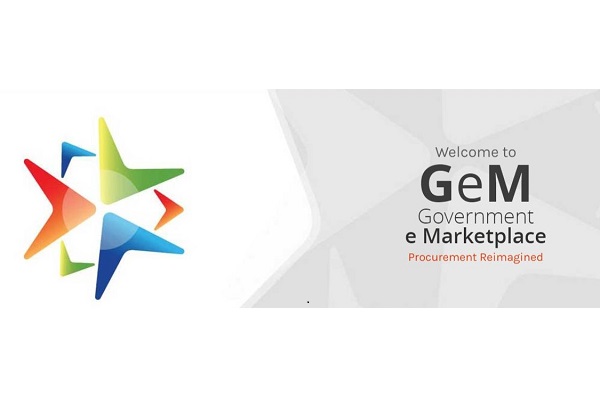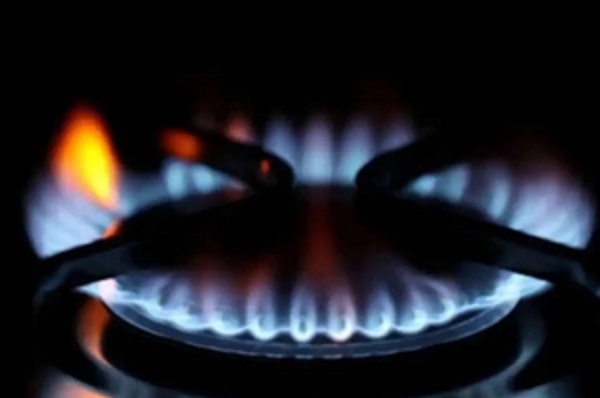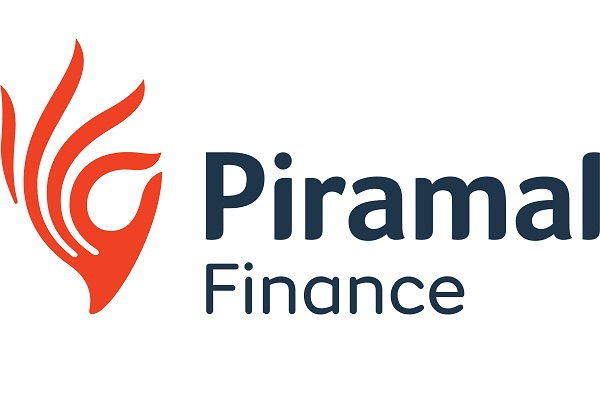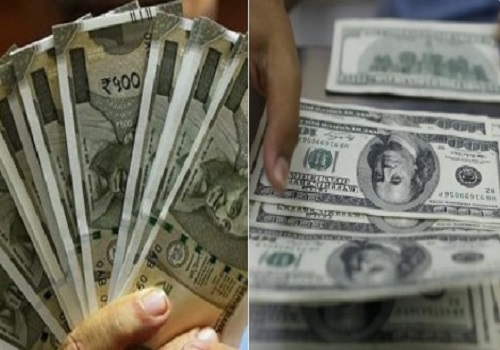Specialty Chemical Sector Update: Impact of the gas crisis in Europe on the Indian Chemicals space - Motilal Oswal Financial Services

Will Indian Chemical companies benefit from the gas crisis in Europe
* Gas prices in Europe have risen 4.3x CY22’YTD, thus raising supply concerns from Europe –the second largest producer (EUR499b in CY20) of Chemicals after China (EUR1.5t).
* This, combined by frequent disruptions in China, should ideally benefit Indian Chemical producers. However, the export data so far is confusing. Inorganic Chemical exports rose 9% in FY23 till date, while that for Organic Chemicals fell 29%.
* While Indian companies may witness higher inquiries, regulatory and client approvals and capacities may limit benefits in the short-term. In the medium term, a resolution to the conflict between Russia and Ukraine may result in strong headwinds to enquiries.
Europe is the second largest producer of Chemicals globally
* The Chemical industry in Europe (EU27, ~EUR499b) was the second largest producer globally after China (EUR1,547b) in CY20. USA stood third at EUR426b, while India stood sixth at EUR92b. BASF’s Ludwigshafen site is the world’s largest integrated Chemicals complex with more than 200 plants across a 10 sq. km radius.
* The Chemical industry remains the largest consumer of natural gas, accounting for 15% of total consumption in Europe. Glass, Ceramics, and Chemicals account for half of the total industrial consumption of natural gas.
* Due to aggressive preventive measures, European natural gas inventories are nearly 90% full, almost nine weeks ahead of CY21 levels (link). This has resulted in a sharp decline in European natural gas prices MoM. Although gas availability may not be a problem, rising costs may force Chemical companies to lower output. End-users may look to replace this via low-cost imports from elsewhere, thereby resulting in an opportunity for Indian exporters.
Impact on the Indian Chemical industry
* Continued challenges in Europe and China present a golden opportunity to Indian manufacturers. However, it is still unclear to what extent India will gain from these supply challenges. An analysis of our coverage companies over the past decade suggests no sharp jump in exports vis-à-vis domestic sales.
* Electricity generation via coal stood at 74% in India in CY21. Europe, on the other hand, uses natural gas for producing 20% of its electricity. Indian companies, hence, are not that much affected by rise in natural gas costs as far as power costs are concerned.
* However, Indian Organic Chemical producers are certainly disadvantaged due to the lack of natural gas availability in India. As most raw materials (like methanol and acetic acid) are imported into India, manufacturers do not gain much from cheaper raw materials.
Valuation and view
* Although disturbances in Europe present an opportunity, especially for Indian Inorganic Chemicals manufacturers, Organic Chemicals’ manufacturers may not benefit much due to disadvantages in terms of key raw materials like methanol, acetic acid, etc. Key Organic Chemical companies in our Coverage Universe are AACL, DN, ATLP, VO, and NOCIL. All these companies do not necessarily use gasderived raw materials. For example, DN uses benzene and propylene, the former being a refinery product, while the latter is both a refinery and a natural gas product. VO uses phenol as a key input, which is a crude oil derivative.
* NOCIL uses aniline as a key raw material, which is again a crude derivative. GALSURF as well as FINEORG offer organic products, but are largely vegetable oil-based. The key raw material for NFIL is mostly hydrofluoric acid.
* Most chemical companies under our coverage are running at optimum capacity utilization. DN reported a utilization of 129% at its phenol plant. VO’s ATBS plant is running at full utilization, while its anti-oxidant plant is in the process of ramping up production. NOCIL had announced a delay in its full plant utilization by a quarter in its 1QFY23 earnings concall. While FINEORG is running out of capacity, NFIL’s Specialty Chemicals segment is close to optimum utilization.
* In light of the above, it is difficult to say to what extent Indian Chemical companies will benefit due to the ongoing European gas crisis, let alone the sustainability of the same beyond the next few months. As a result, we reiterate our Buy rating for NOCIL (TP of INR319, 22x FY24E EPS), GALSURF (TP of INR4,000, 45x FY24E EPS) and VO (TP of INR2,593, 45x FY24E EPS).
To Read Complete Report & Disclaimer Click Here
For More Motilal Oswal Securities Ltd Disclaimer http://www.motilaloswal.com/MOSLdisclaimer/disclaimer.html SEBI Registration number is INH000000412
Above views are of the author and not of the website kindly read disclaimer

